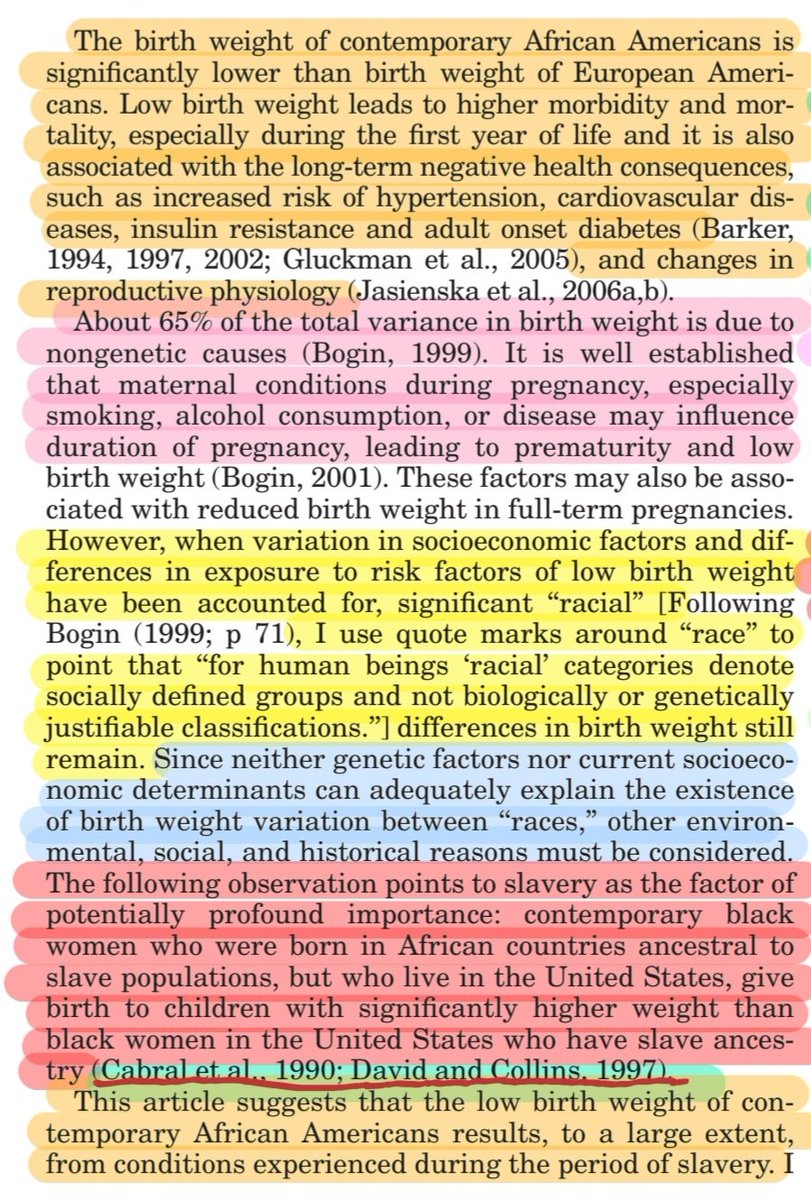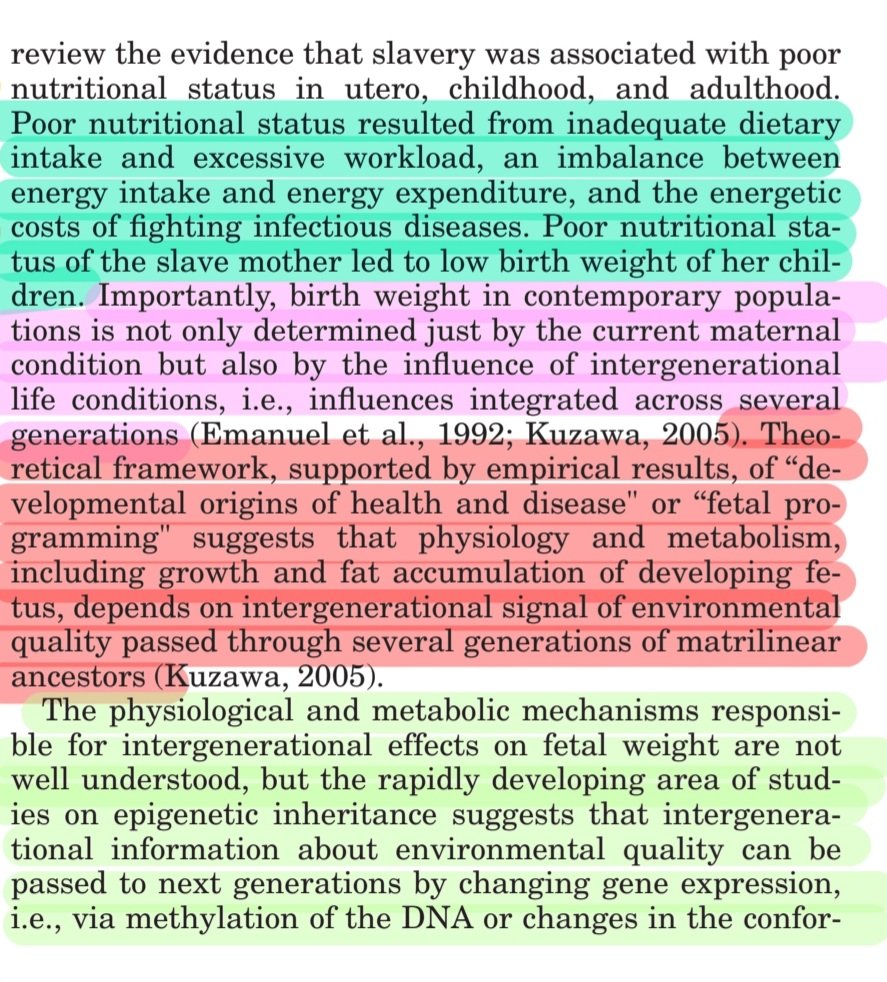
Black Males, Trauma, and Mental Health Service Use: A Systematic Review
"Trauma has been identified as a major public health and medical issue, and Black males ages 18 and older are at a noticeably high risk for trauma exposure." 🧵 1/8
"Trauma has been identified as a major public health and medical issue, and Black males ages 18 and older are at a noticeably high risk for trauma exposure." 🧵 1/8
https://twitter.com/eihtbeezy/status/1486479480197718023
"Studies examining trauma exposure among community samples of Black males show that approximately 62% have directly experienced a traumatic event in their lifetime, 72% witnessed a traumatic event, and 59% have learned of a traumatic event involving a friend or family member."
"Empirical research has documented an association between trauma and Post-Traumatic Stress Disorder, depression, anxiety, substance abuse, and violence perpetration."
"Black males are [] half as likely as their White counterparts to use professional mental health services"
"Black males are [] half as likely as their White counterparts to use professional mental health services"
"Despite the potential need for mental health services, findings from this review suggest that 56-74% of Black males exposed to traumatic events may have an unmet need for mental health services."
"Black males with low incomes and no college education were significantly less likely to use mental health services, whereas, disability and psychiatric symptom severity were significantly associated with service use."
"..when Black men do seek treatment, clinicians in mental health treatment programs regularly overlook their trauma exposure because of a lack of competency in addressing the effects of trauma and their concern for addressing other presenting problems that are more persistent."
"Black males age 18 and older have the highest age adjusted all-cause mortality rate and perhaps the worst health status of any ethnic-sex group in the United States. Exposure to trauma, whether through witnessing or direct victimization, is often a daily reality for many [Bm]."
"...it will take a collective effort from researchers, practitioners, mental and behavioral health organizations, and policy makers to eradicate barriers to mental health service use and strengthen support systems for Black male trauma survivors."
8/8
8/8
• • •
Missing some Tweet in this thread? You can try to
force a refresh














